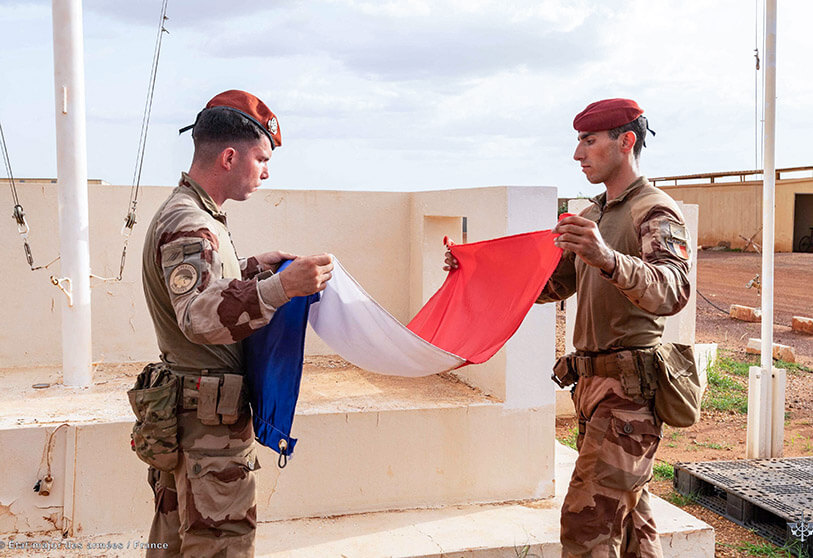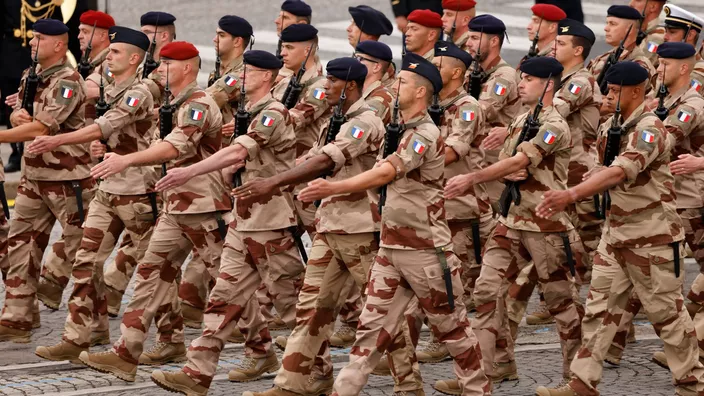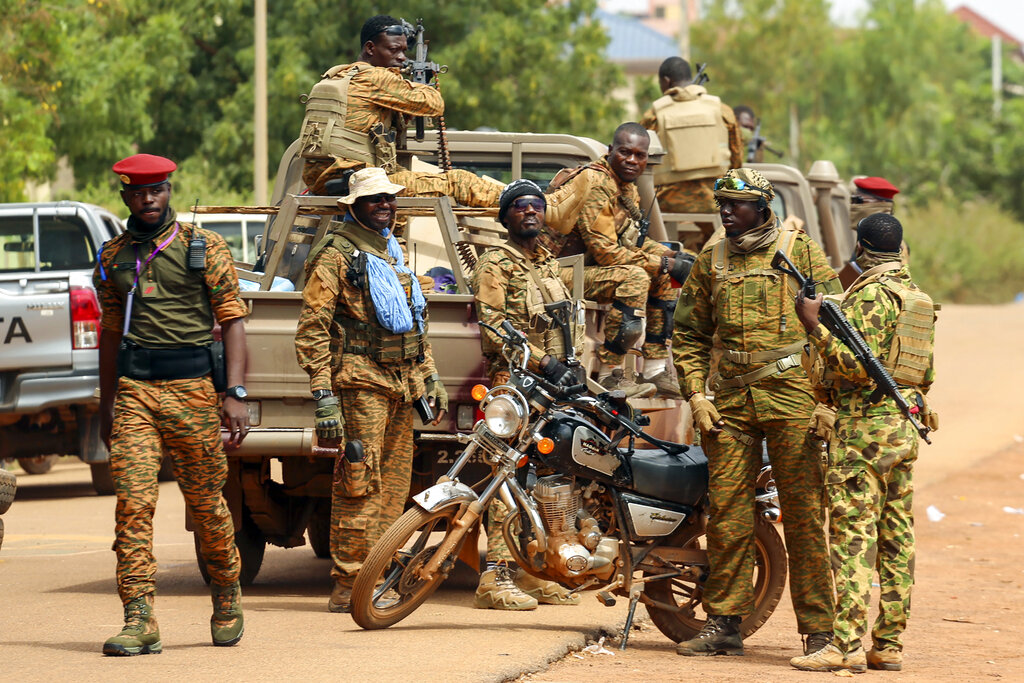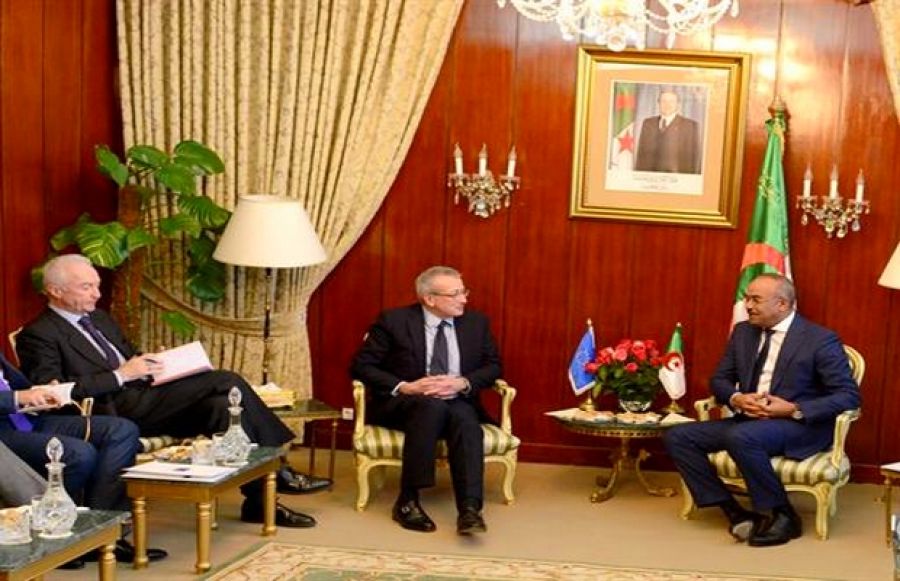Reporters Without Borders fears reporting in Africa’s Sahel region will soon be ‘mission impossible’, as the international NGO reveals in its latest report published on Monday (3 April) where it describes a deterioration in the working conditions of journalists.
Local and international media are caught between jihadist threats and pressure from the authorities, as was recently demonstrated when France 24 was suspended and Le Monde and Libération’s correspondents were expelled from Burkina Faso. In its report, Reporters Without Borders (Reporters Sans Frontières or RSF) published the results from an investigations into the colossal dangers journalists face while working in this vast, semi-arid region torn by jihadism, armed groups and instability. “Threats, the risk of kidnapping, even assassination, have become part of the daily life of journalists in the region,” the NGO says in its report, warning this part of West Africa is becoming a no-go area for journalists.
“No fewer than five journalists have been murdered and six others have gone missing” in the Sahel from 2013-2023, underlined Sadibou Marong, director of RSF’s office for sub-Saharan Africa, which shows the increasing difficulty for journalists to do their work freely and safely in the region. The “What It’s Like to Be a Journalist in the Sahel” report notes that the increasing frequency of terrorist attacks in the region is a crucial factor making the practice of journalism difficult there. As well as this security threat, “after taking power, the military juntas have not hesitated to reshape the media landscape in order to better serve their interests,” the RSF report said, pointing to several high-profile cases in Mali and Burkina Faso in recent months, where several French media outlets have been suspended.



